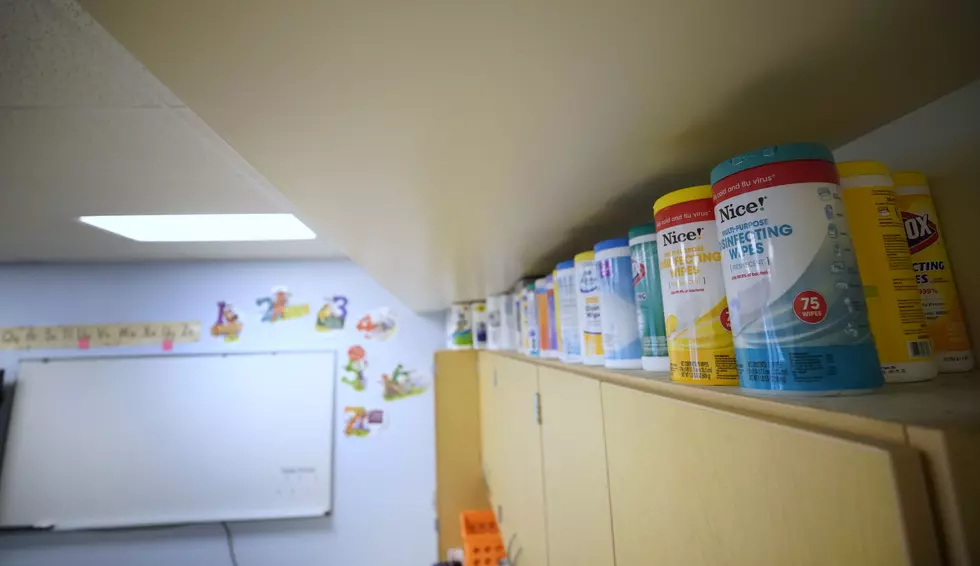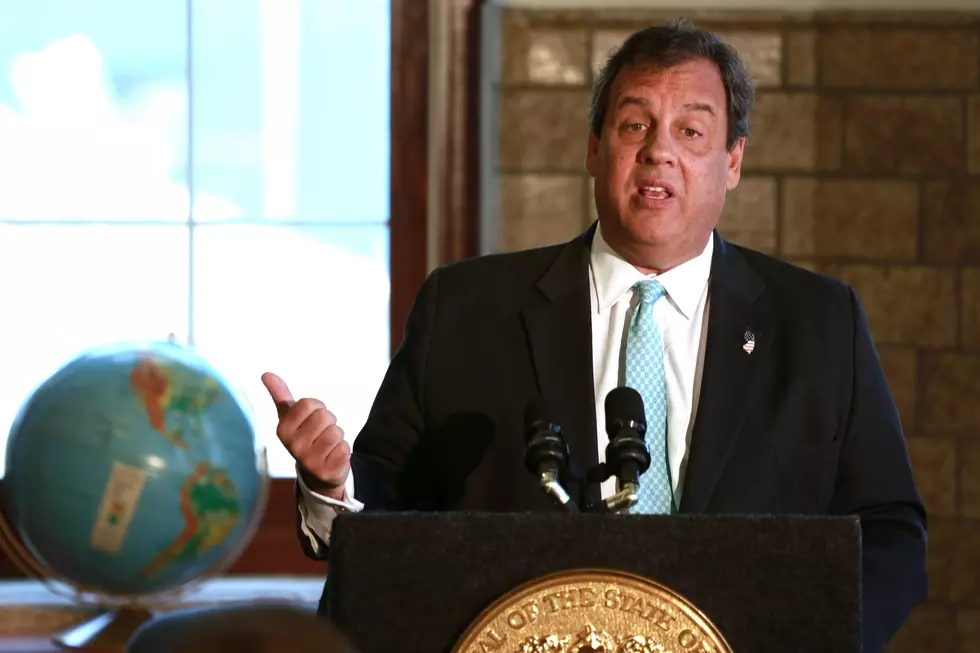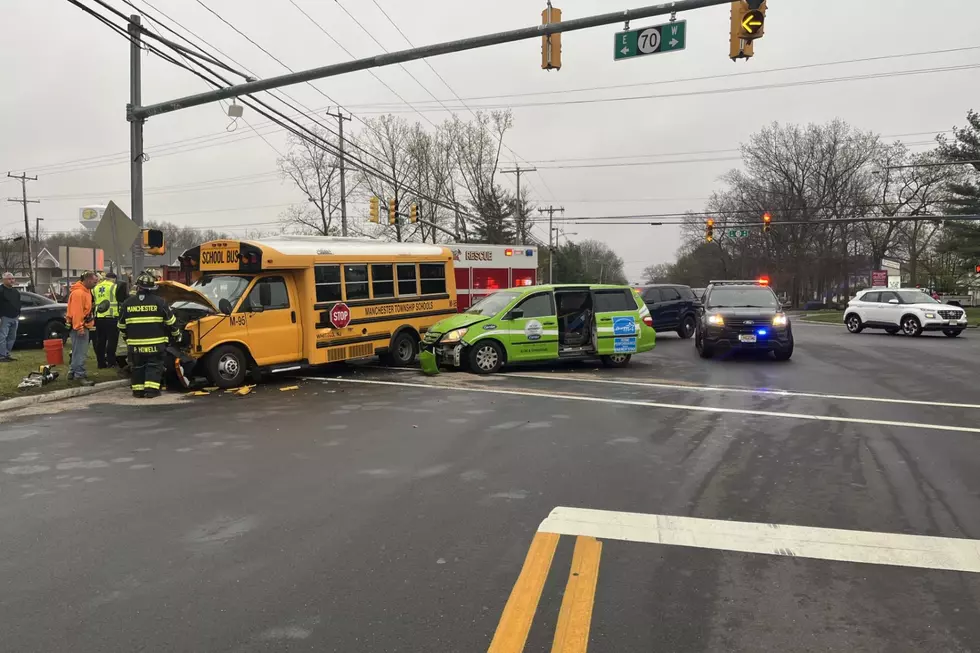
What happens when Jersey kids are sent to the wrong school?
It happens all the time in Jersey — children who should be attending school in one town wind up going to school in another.
Sometimes parents game the system, sending their kids to schools more highly rated than the ones in their own communities.
“You will find situations where parents might purposefully enroll a student in another district. A student might be living with a grandparent or an aunt or uncle, but there has to be legal guardianship for the student to be properly enrolled,” said Frank Belluscio, the deputy executive director of the New Jersey School Boards Association.
He stressed “under state law students are assigned to schools in the district where they’re domiciled, and that means where they live most of the time.”
Belluscio said parents may also wind up putting their children in the wrong school for innocent reasons.
“Sometimes it could simply be confusion on the part of a parent. There are many municipalities that have the same postal addresses or zip codes,” he said. “Sometimes you will find that the parents don’t realize that they’re living in one municipality with a school district rather than another.”
He said no specific numbers are kept on how frequently this comes up but “it has been a persistent situation facing school districts over the years.”
Last year there were 17 decisions made by the commissioner of education concerning residency disputes, and so far in 2016 there have been 11 decisions handed down.
To try and stop situations involving fraud or confusion, Belluscio said, schools use a variety of approaches — one being a re-registration requirement.
“The district will ask parents to provide proof of residency at the time that they re-register the students on an annual basis,” he said. “Re-registration documentation could be a lease, it could be a deed, it could be voter-registration, etc. The law is the law, it does say that students have to attend school where they live.”
Belluscio said schools are very strict about this issue because the vast majority of funding for a school comes from the local community in the form of property taxes.
“When you do have students that are not really legally supposed to be in the district that does drain the resources available, the local district will wind up paying for that student’s education,” he said. “You know the school districts are not being hard-hearted with this, but it is the law and they do need to control the situation.”
He noted over the years “we have had different situations, including the intra-district school choice program, which has provided a choice to parents, but there are certain limits on that due to state funding and state resources available for it. We would like to see that program expanded.”
Last month, the parents of five kids who attended school in Branchburg but legally lived in Bridgewater were ordered to pay the Branchburg school system $54,966 in tuition costs.
An investigation found the parents, identified only in court papers as K.B and C.U., had separated back in 2012, and a year later the father got physical custody of the children. When he moved from Branchburg to Bridgewater in 2014 the kids were supposed to attend school in Bridgewater but did not.
More from New Jersey 101.5:
More From New Jersey 101.5 FM









